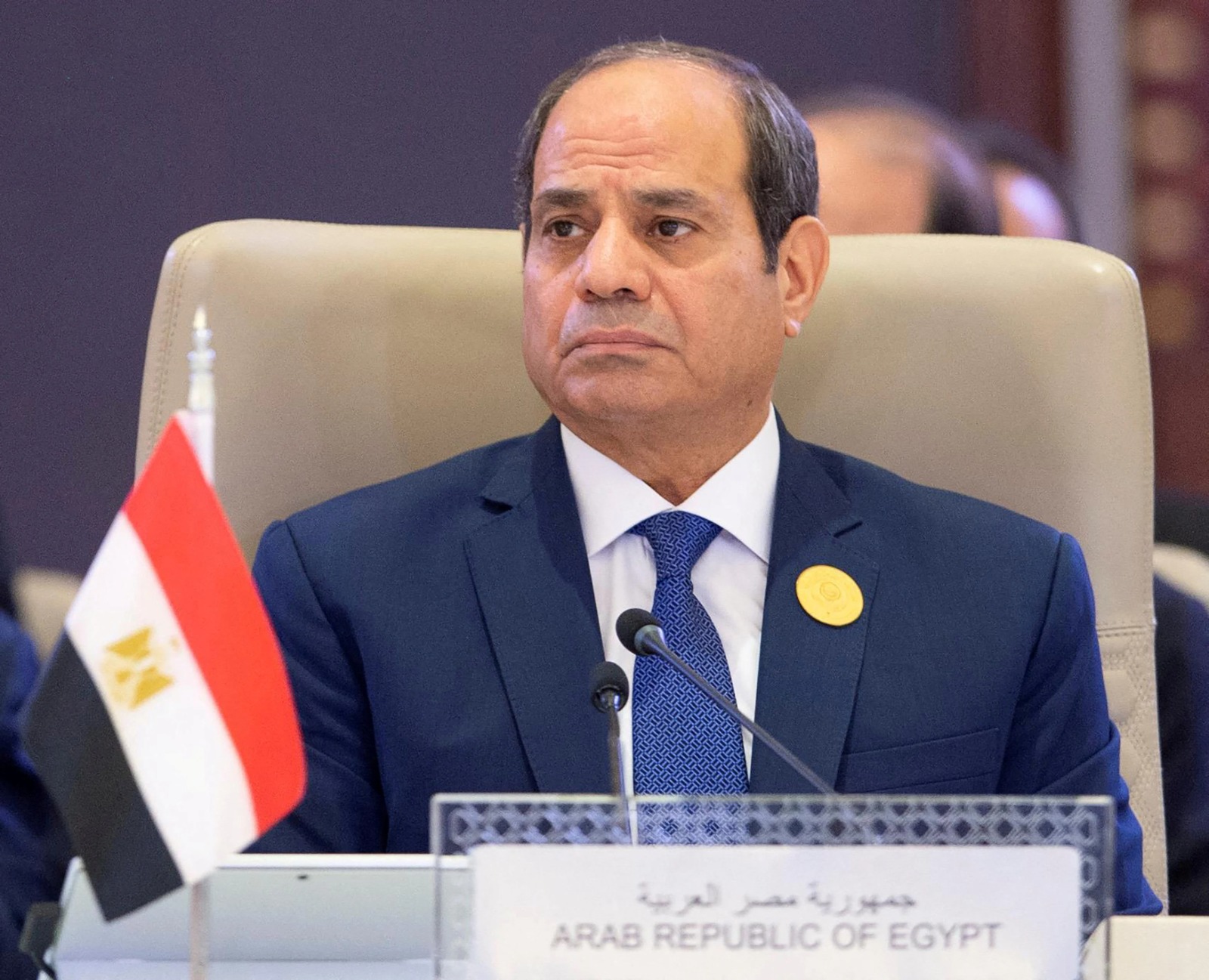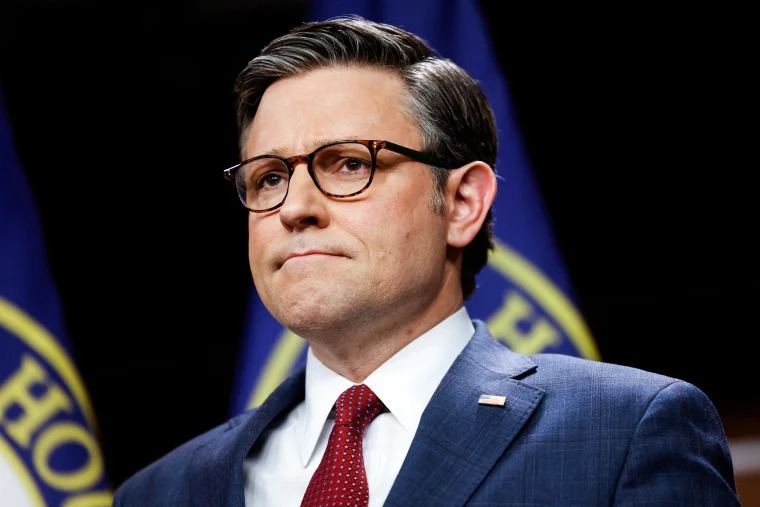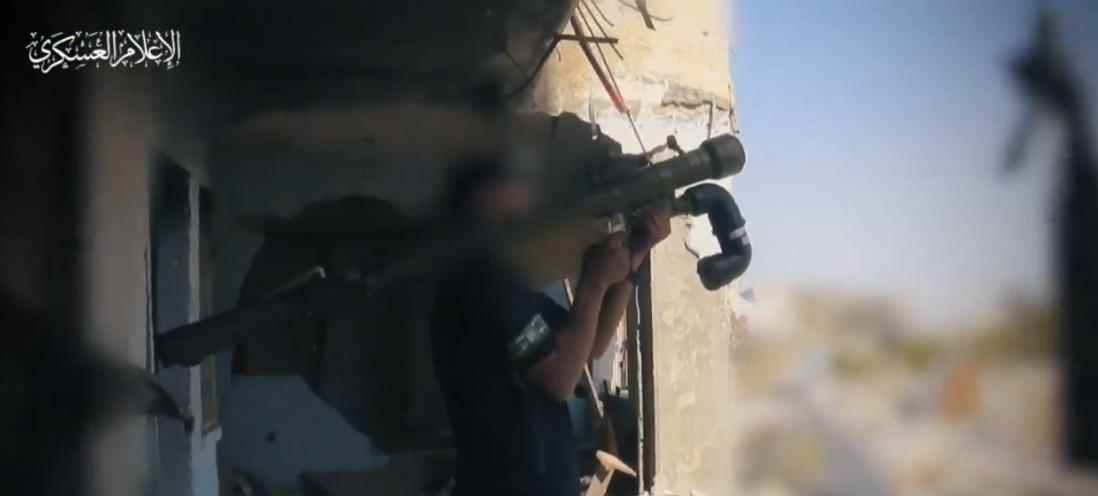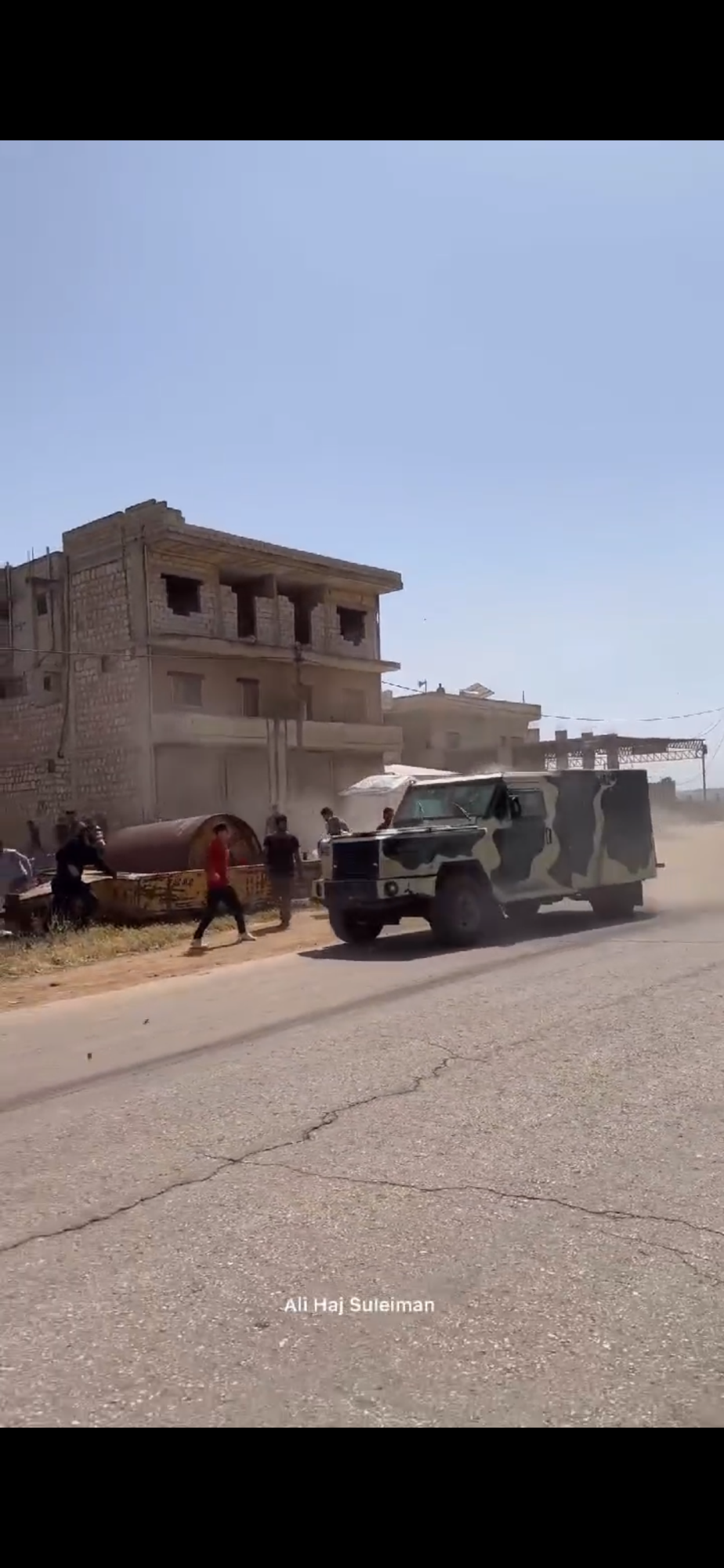Egypt’s Response to the Crisis in Gaza in Light of the Quran and Sunnah
In the unfolding humanitarian crisis in Gaza, particularly in Rafah, the global Muslim community watches as Egypt, led by President Abdel Fattah el-Sisi, navigates a complex geopolitical landscape. As Israel intensifies its military operations, the suffering in Gaza grows, and President Sisi’s response—rooted in weak and ineffective diplomatic efforts—highlights a significant ethical and religious dilemma when measured against the teachings of Prophet Muhammad (peace be upon him).
Religious Duty to Aid and the Current Realities
Prophet Muhammad (peace be upon him) emphasized the importance of aiding one’s brother, whether he is an oppressor by stopping him or oppressed by helping him overcome the oppression. “Help your brother, whether he is an oppressor or he is an oppressed one,” illustrates the depth of this duty (Bukhari). In the context of Rafah, where the potential for large-scale civilian casualties is high due to the threatened Israeli ground assault, the moral obligation extends way beyond mere rhetoric.
Yet, President Sisi’s approach has predominantly been through statements of condemnation and diplomatic channels, which so far have not yielded any measurable results in alleviating the suffering or halting the hostilities. Just yesterday videos emerged on social media as non Muslim activists at UCLA were physically fighting off an attack by pro Israeli masked thugs on campus as Sisi continues to sit in his office in Cairo condemning the latest massacres. “The IDF’s ground incursion into Rafah would double the humanitarian catastrophe that civilians in the Gaza Strip are suffering from,” Sisi noted, expressing a valid concern but without accompanying action that the Hadith might necessitate.
The Ineffectiveness of Diplomatic Efforts
Despite Egypt’s strategic role as a mediator and its self proclaimed considerable influence in the region, the diplomatic efforts under President Sisi’s leadership are a pathetic example of how religiously bankrupt he and many other leaders of Muslim majority countries have become. Continuous calls for ceasefires and negotiations have not led to sustainable solutions or significant relief for the people in Gaza. As the crisis deepens, the disparity between the urgency of the teachings of the Prophet Muhammad (peace be upon him) and the actions—or lack thereof—by those in power becomes increasingly stark.
The Spiritual and Ethical Implications
In Islam, the concept of Ummah— a global community of Muslims bound by ties of religion—compels action when any part of this community suffers. The situation in Rafah, therefore, is not just a political issue but a profound spiritual and ethical concern for Muslims worldwide. The Hadith, “The believer is the mirror of his brother,” suggests a proactive approach to addressing injustices faced by fellow Muslims, an approach currently non existant in the diplomatic corridors of Cairo.
Conclusion
The plight of Palestinians in Rafah and the broader Gaza Strip presents a critical test of faith and leadership for President Sisi that he has abysmally failed at thus far. While his administration continues to advocate for peace through dialogue, the teachings of Islam challenge him and other Muslim leaders to fulfill a greater, more active role in alleviating suffering and defending the oppressed. The disparity between Sisi’s condemnations and the lack of substantive action reflects a broader struggle within international Muslim politics, where ethical and religious obligations to aid those in distress are often overshadowed by strategic considerations. As the crisis unfolds, the global Muslim community is reminded of the profound religious duty to aid one another, a duty that demands more than words—it requires decisive, compassionate action.






Leave a Reply